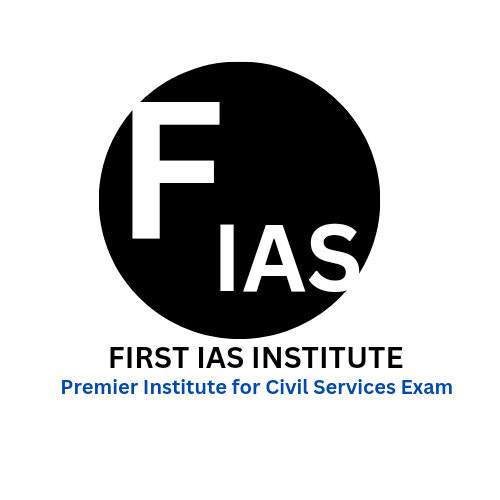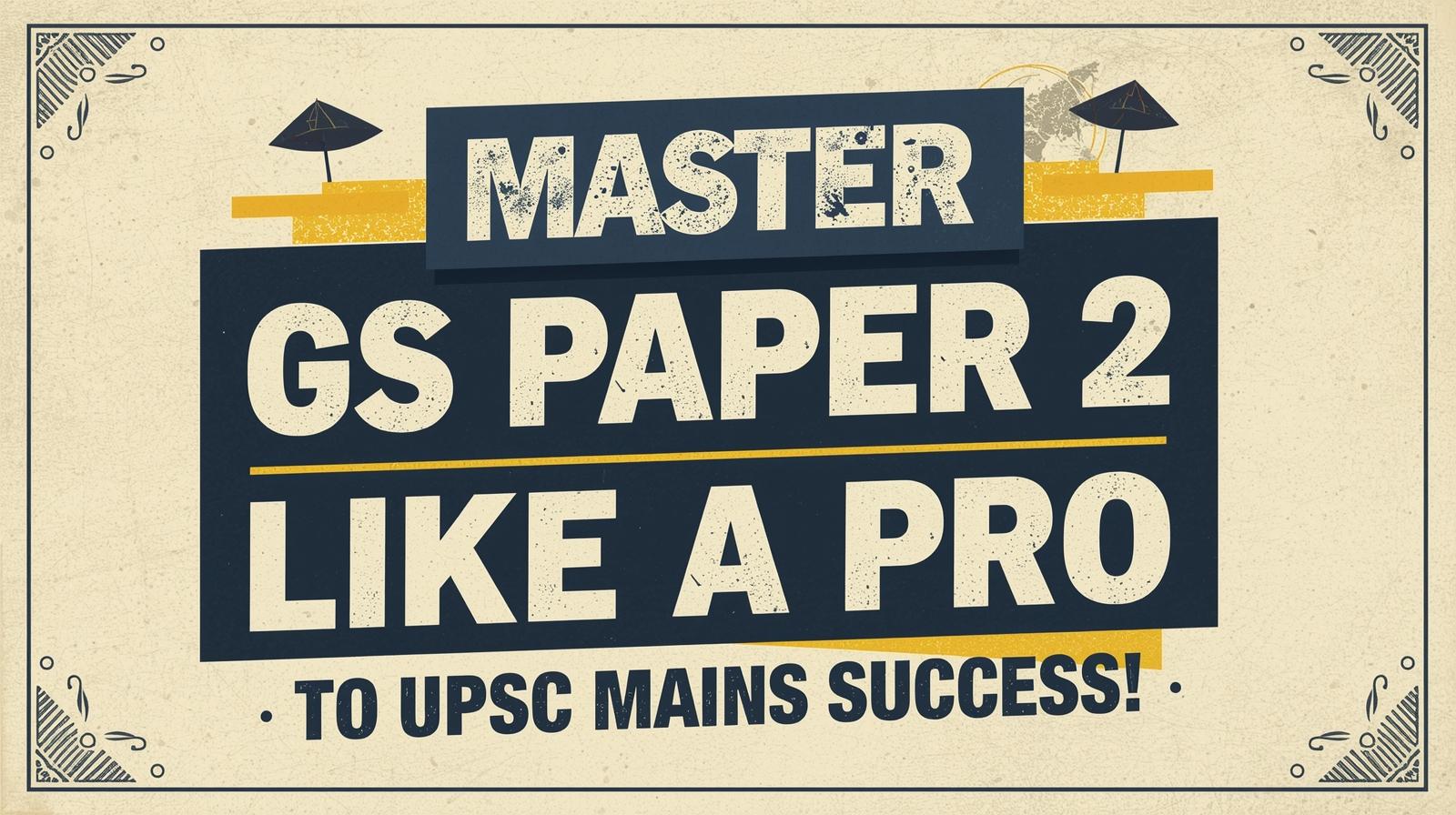Master GS Paper 2 Like a Pro: Insider Strategy to UPSC Mains Success
GS Paper 2 in UPSC Mains is the key paper assessing your grasp over governance, polity, constitution, social justice, and international relations. The challenge is not about memorising facts; it lies in analysing and articulating complex issues from multidimensional perspectives. Examiner expects you to connect theories with current affairs, cite relevant examples, and demonstrate clarity along with structured presentation.
Understand the Syllabus and Weightage
Begin by decoding each theme in the syllabus:
- Constitution and Polity
- Governance and Government Schemes
- Social Justice
- International Relations
Recent analysis shows Polity and Governance collectively held the highest marks, followed by Social Justice and International Relations. Go through the official syllabus and past papers. Mark recurring topics such as separation of powers, federalism, constitutional amendments, local governance, welfare policies, judiciary-executive relations, and evolving international dynamics.
Best Resources and Reading List
Study core texts and supplement them with updated current affairs:
- Indian Polity by M. Laxmikanth
- Indian Constitution at Work (NCERT)
- Introduction to the Indian Constitution by D.D. Basu
- Drishti IAS Polity notes
- Government documents, ARC reports, NITI Aayog & Policy Briefs
- Newspapers: The Hindu, The Indian Express
- Ministry of External Affairs website for IR
Consolidate your notes by integrating the static theory with dynamic developments (SC judgments, laws passed, schemes, global events).
How to Master Each Major Theme
Constitution and Polity
Make constitutional articles anchors for every answer. Use precise definitions (federalism, separation of powers) and support arguments with case laws and amendments. Focus on recent Supreme Court verdicts and real-world policy changes.
Governance
Dissect flagship government schemes, recent bills, local administration innovations, e-governance, and transparency initiatives. Rely on current affairs, NITI Aayog documents, and relevant committee reports. Highlight innovations and implementation challenges.
Social Justice
Emphasise equitable policies, inclusion schemes, rights-based approaches, education, health, and vulnerable sections. Quote real data (NFHS, UNDP rankings), cite government measures (Accessible India Campaign), and incorporate committee recommendations. Reference recent policies and amendments.
International Relations
Draw maps when useful. Cover India's foreign policy, global organisations, strategic partnerships, and diplomatic trends. Use credible data from MEA and highlight India's evolving global role. Incorporate current international developments to keep answers relevant.
Effective Answer Writing Techniques
Structure every answer with clear introduction, body, and conclusion.
- Introduction: Set context with definitions, constitutional articles, current developments.
- Body: Organise into 3–5 logical subheadings. Argue both sides, substantiate with facts, commission reports, court verdicts, and international examples. Include diagrams, maps, or flowcharts where relevant.
- Conclusion: End with reform and constitutional ideals, or connect to SDGs, DPSPs, or government initiatives. Remain optimistic and policy-oriented in tone.
Underline keywords, keep paragraphs short, and use bullet points for clarity. Avoid generic responses; always root your analysis in facts and contexts.
Practice through PYQs and Mock Tests
Regularly analyse 8–10 years of PYQs to identify trends, dominant themes, and model questions. Practice daily timed answer writing. Review toppers' answer sheets for presentation techniques, use of diagrams, and concise arguments.
Regular Revision and Note Updates
Keep notes updated with recent examples and case studies. Schedule revision sessions for both static and dynamic content. Use thematic compilations (e.g., all federalism PYQs) for targeted review.
Common Mistakes and How to Avoid Them
- Relying only on static books (integrate current affairs)
- Ignoring Social Justice and Governance (these are scoring areas)
- Writing generic or lengthy answers (keep answers concise, include data and recent events)
- Neglecting revision — make crisp notes for last-minute review
Time Management and Exam Strategy
Allocate time by question weight, not by subject alone. Attempt high-scoring IR or Social Justice questions early to maximize content and freshness. Prioritize clarity, coherence, and answer structure over mere volume.
Conclusion
Mastering GS Paper 2 is about understanding the syllabus’s core intent, integrating static with dynamic content, and consistently practicing structured, evidence-based answer writing. Combine conceptual depth, empirical data, and clear analysis to deliver effective, high-scoring answers in UPSC Mains 2025.


 firstiasofficial@gmail.com
firstiasofficial@gmail.com
Leave a Comment